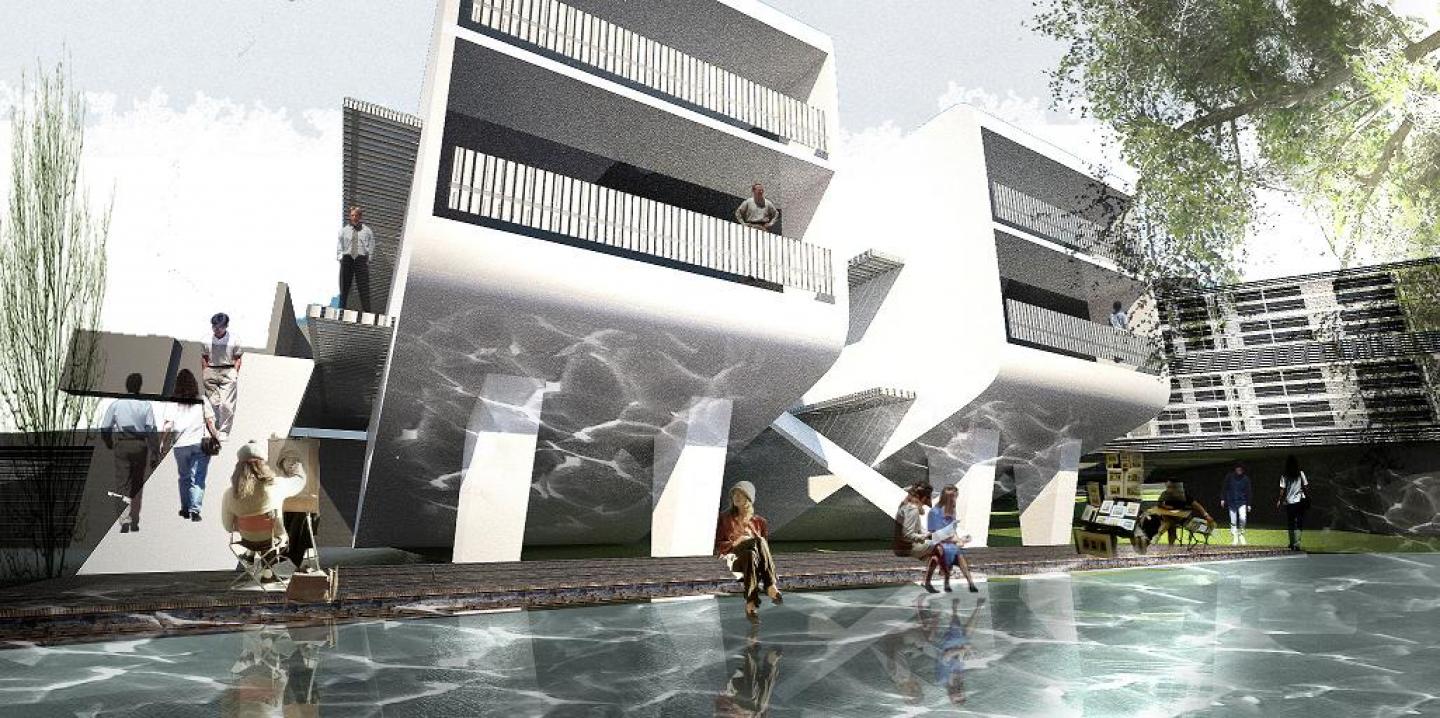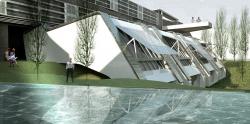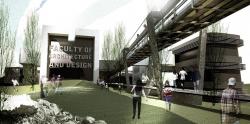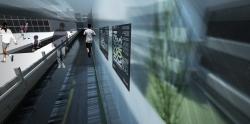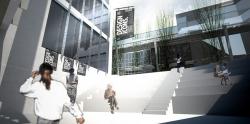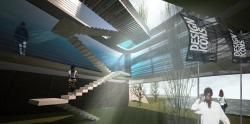project was an opportunity to put forward a personal and a biased revision of architecture and design-related education patterns by examining given architectural program of the project as a physical host of experiential phenomena, a melodramatic chain: learning, exchanging, reflecting, understanding and expressing design ‘thought’ within the college and analyzing how architecture could accommodate these patterns and experiment with the outcomes by playing with different scenarios.
the targeted outcome was a college which extends margins of experiment, exchange and expression for students by offering a more experiential environment rather than rigid, flexible rather than absolute, conscious rather than passive and personal rather than collective.
the architectural interpretation of these values deployed architectonics, phenomena, people, setting and topography in order to establish pre-set scenarios visualized as physical sets during concept formation.
these scenarios were expressed both spatially and horizontally, they morphed the architecture of the college and reintroduced plans and s customized for each department as liberated from the authoritative presence of the know-it-all professors which allowed radical new forms for studios, classes, auditoriums, amphitheatre, internalized exterior spaces, circulation and working places.
the project is an ongoing experiment as students can customize and reshape it through their daily experiences, events and projects and can host endless varieties of scenarios in each of its spaces.
creating possibilities rather than determinacy as form is liberated from typology as a result of liberating education from standard rigid patterns; experiences therefore are the students’ interpretation of space and their unique ways of deploying it for different scenarios.
the study of each department’s consequent hybrid learning environment resulted into horizontally shaping plans to assist these new methods, while the interaction, exchange, personability and experiential values shaped forms spatially.
2009
Graduation project at J.U.S.T. 2009
Khaled Sedki (Individual)
